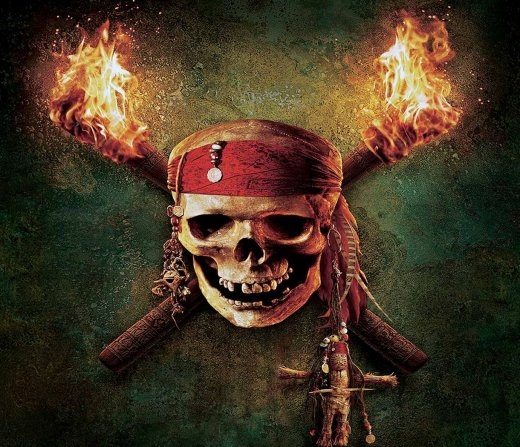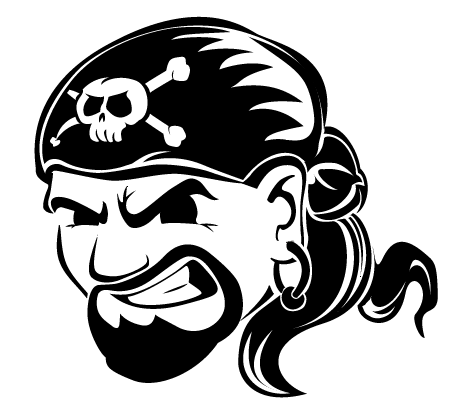
ASSOCIATED PRESS: Two maritime security contractors say Somali pirates hijacked a freighter in the Gulf of Aden overnight. They say the M.V. Irene E.M. is the latest target of pirates who appear undeterred by U.S. and French navy attacks that killed seven bandits in the past week to free four hostages. That includes the weekend’s dramatic rescue of the American captain of a U.S. freighter. The contractors did not know the ship’s owner or where it is licensed. They spoke on condition of anonymity on Tuesday because it is a sensitive security issue. The Irene is  at least the third vessel hijacked in a week. The nighttime attack indicates increased technology acquired by pirates who win multimillion-dollar ransoms. MORE
at least the third vessel hijacked in a week. The nighttime attack indicates increased technology acquired by pirates who win multimillion-dollar ransoms. MORE
PREVIOUSLY: As Sunday dragged on, the seas grew rougher, and Navy officers offered to tow the lifeboat behind the Bainbridge, telling the pirates that they would move them to calmer waters. Once the lifeboat was tethered to the destroyer, military officials said, the pirates grew more desperate, feeling they had lost control of both their boat and the situation. Also, the pirates were probably suffering from withdrawal from khat, a narcotic leaf chewed by many Somali men, according to a senior military official. Aboard the hot and cramped lifeboat, tensions escalated. Watching from the Bainbridge, the sniper team observed an apparent argument between Phillips and one of the pirates. The SEAL team observed two of the pirates move away from Phillips and stick their heads out from a hatch. The third pirate raised his weapon at Phillips’ back. Convinced that Phillips was about to be shot, the SEAL commander gave the order to fire. “If the goal was just to kill these guys, there were opportunities where we could have shot them,” said a senior military official. “This was  not the outcome we wanted. We wanted those three guys to give themselves up.” A Pentagon spokesman said the shooting could discourage future attacks on commercial ships sailing the Indian Ocean. MORE
not the outcome we wanted. We wanted those three guys to give themselves up.” A Pentagon spokesman said the shooting could discourage future attacks on commercial ships sailing the Indian Ocean. MORE
FORBES: Over the past couple of years, the sneering audacity of Somali pirates has become a constant in international affairs. More than 150 ships were attacked off the coast of Somalia and in the Gulf of Aden in 2008. There were six attacks this past week alone before the seizure of the American ship, which was carrying food and agricultural products to Mombasa, Kenya, to supply the World Food Program and the U.S. Agency for International Development. At the moment, pirates are holding some 14 ships for ransom.
By last November, after Somali pirates had commandeered a Ukrainian merchant ship carrying weapons and ammunition and a Saudi-owned oil supertanker, an international consensus evolved. Nations felt the Somalis had accelerated the pace and increased the daring of their operations to the point where the navies of major powers had  to divert attention from other strategic matters to focus on interdicting them.
to divert attention from other strategic matters to focus on interdicting them.
And they did, but not even the U.S. Navy can provide blanket coverage of a body of water as vast as the Indian Ocean. In fact, even with 17 navies on board, including the European and the Iranian, Russian, Indian, Chinese and Japanese–African nations have no real offshore capability–anti-piracy forces must prioritize in patrolling a million square miles of water. MORE
